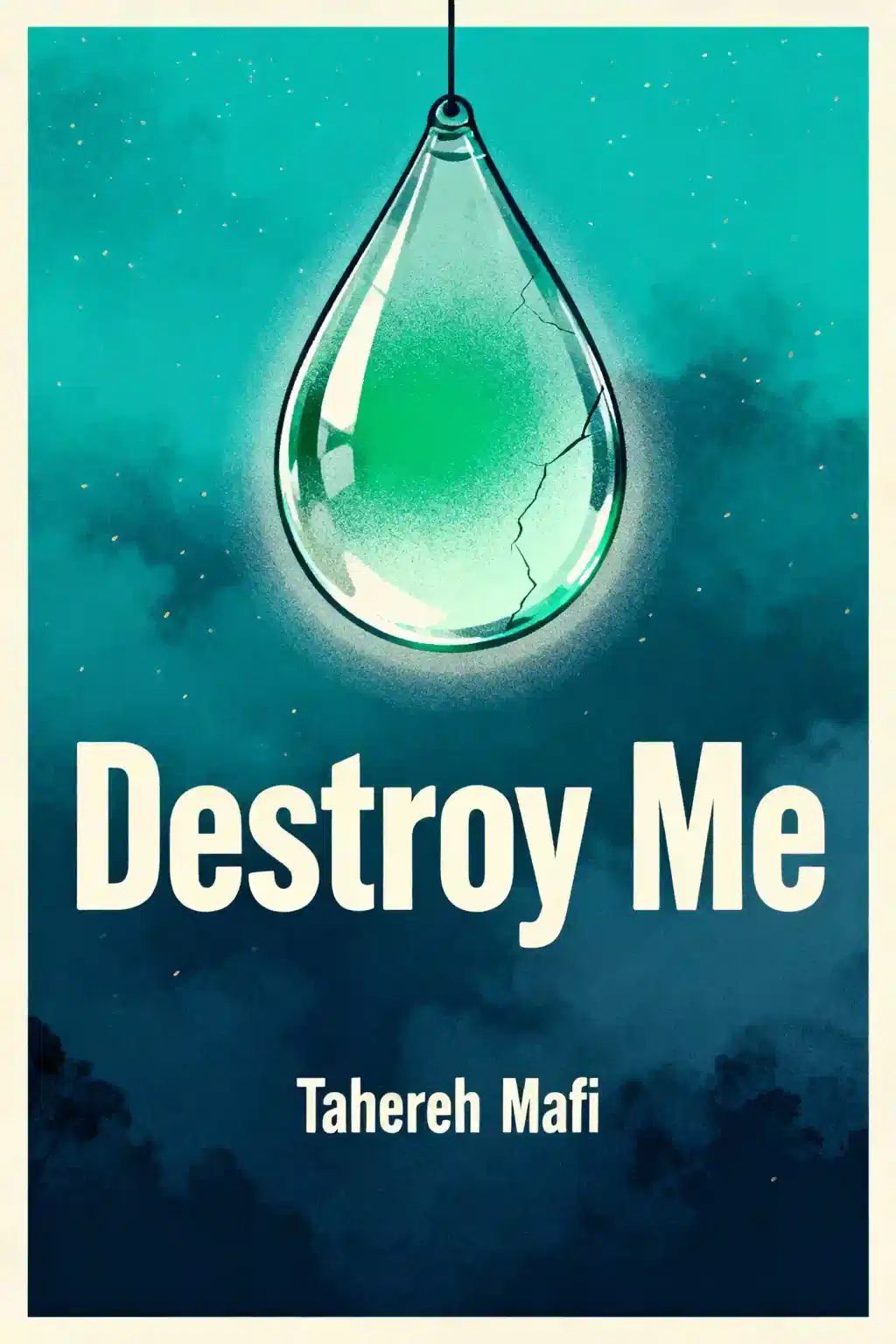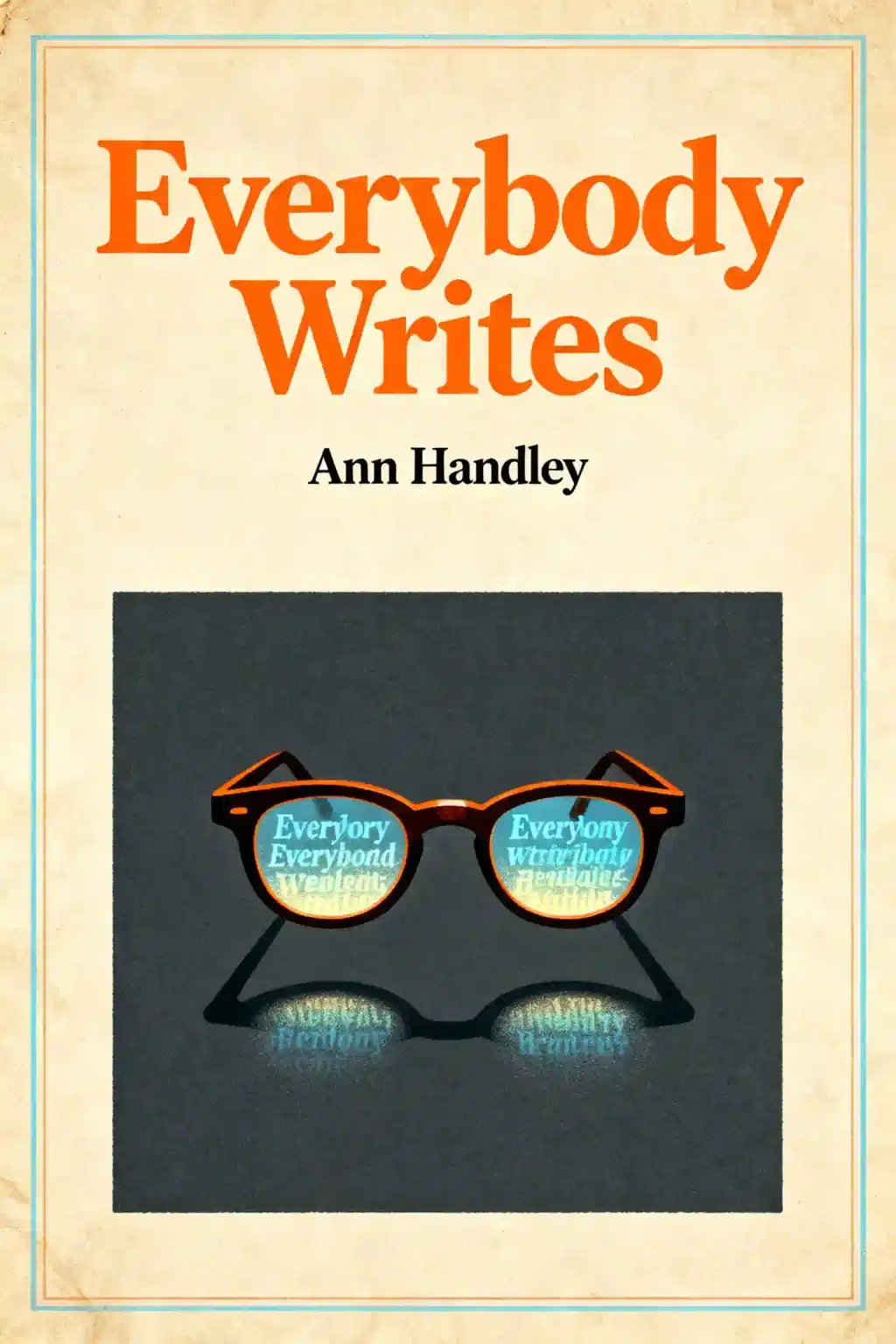What is Destroy Me by Tahereh Mafi about?
Destroy Me is a novella in the Shatter Me series that tells the story from Warner's perspective after Juliette shoots him and escapes with Adam. Set between Shatter Me and Unravel Me, Warner recovers from his gunshot wound while obsessively searching for Juliette. The situation worsens when his abusive father, The Supreme Commander of The Reestablishment, arrives to take control and threatens Juliette's life.
Who should read Destroy Me by Tahereh Mafi?
Destroy Me is essential for fans of the Shatter Me series who want deeper insight into Warner's character and motivations. Readers who enjoy dystopian romance with morally complex antagonists will appreciate this perspective shift. The novella is particularly valuable for those curious about Warner's backstory and his relationship with his father. It's best read after Shatter Me but before Unravel Me for optimal story continuity.
Is Destroy Me by Tahereh Mafi worth reading?
Destroy Me is worth reading because it transforms Warner from a seemingly ruthless villain into a sympathetic, complex character. The novella reveals his internal struggles, abusive upbringing, and genuine feelings for Juliette, making readers understand rather than simply condemn him. At only 111 pages, it's a quick but impactful read that adds significant depth to the Shatter Me series. The shift in perspective enriches the overall narrative and changes how readers view Warner's actions.
Tahereh Mafi is a #1 New York Times bestselling and National Book Award-nominated author known for the Shatter Me series. Born November 9, 1988, in Connecticut, she's an Iranian-American writer who has published over a dozen novels translated into more than thirty languages. Her contemporary novel A Very Large Expanse of Sea was named by Time magazine as one of "the best YA books of all time". She's married to author Ransom Riggs and currently resides in Southern California.
What is Warner's perspective like in Destroy Me?
Warner's perspective in Destroy Me reveals a vulnerable, conflicted man beneath his ruthless exterior. Written in first-person, the narrative exposes his obsession with Juliette, his hallucinations of her, and his self-recrimination for confessing his feelings only to be shot. Readers witness his internal battle between duty to The Reestablishment and his desire to protect Juliette from his father's plans. The introspective writing style showcases his emotional turmoil and psychological complexity.
What happens between Warner and his father in Destroy Me?
Warner's father, The Supreme Commander, arrives unexpectedly and brutally berates Warner for his failures, calling him ignorant, pathetic, and blinded by love. The Supreme Commander reveals he wants Juliette killed and takes control of the search operation. In a devastating revelation, Warner learns his father murdered Fletcher's innocent wife and young children—a family Warner had deliberately spared—simply because they were related to a traitor. This encounter highlights the father's cruelty and Warner's moral code.
Why did Warner kill Seamus Fletcher in Destroy Me?
Warner killed Seamus Fletcher because Fletcher was abusing his wife and children who were less than ten years old. Unlike the cold-blooded execution it appeared to be in Shatter Me, Destroy Me reveals Warner acted with purpose and even mercy. Warner knew about Fletcher's crimes and chose to spare Fletcher's innocent family from The Reestablishment's standard practice of killing a traitor's relatives. This revelation reframes Warner's actions as protective rather than purely villainous, showing his hidden compassion.
What does Destroy Me reveal about Warner's character?
Destroy Me reveals Warner is not purely evil but a product of his abusive upbringing under a tyrannical father. The novella exposes his capacity for mercy, strategic thinking, and genuine emotional vulnerability. Readers discover he deliberately disabled cameras and arranged for Adam to stay in Juliette's room, inadvertently facilitating their connection. His obsession with Juliette stems from authentic feelings rather than manipulation, and he's haunted by her rejection. These revelations transform him from antagonist to sympathetic anti-hero.
What is the timeline of Destroy Me in the Shatter Me series?
Destroy Me takes place immediately after the events of Shatter Me and before Unravel Me, functioning as book 1.5 in the series. The novella begins right after Juliette shoots Warner and escapes to Omega Point with Adam and Kenji. It covers the period while Warner recovers from his gunshot wound and searches for Juliette's whereabouts. Reading Destroy Me between the first and second main novels provides crucial context and character development that enriches the overall narrative arc.
What are the main themes in Destroy Me by Tahereh Mafi?
The primary themes include the tension between duty and desire as Warner struggles with his role in The Reestablishment versus his feelings for Juliette. The novella explores how abusive upbringings shape identity and the possibility of breaking destructive cycles. Obsession, vulnerability, and the complexity of morality are central, challenging readers to reconsider what makes someone truly "evil". Power dynamics, both personal and political, underscore Warner's relationships with his father and Juliette throughout the narrative.
How long is Destroy Me by Tahereh Mafi?
Destroy Me is a short novella of approximately 111 pages, making it a quick read that can be completed in one sitting. Despite its brevity, the novella packs significant emotional depth and character development for Warner. Published in 2012 by HarperTeen, it serves as a bridge between the longer novels in the Shatter Me series. The compact length focuses intensely on Warner's internal journey during a critical period, providing concentrated insight without unnecessary padding.
What writing style does Tahereh Mafi use in Destroy Me?
Tahereh Mafi employs a first-person narrative from Warner's point of view, granting direct access to his thoughts and emotional landscape. The writing style is highly introspective and emotional, focusing on Warner's psychological struggles, memories, and internal conflicts. Mafi uses vivid figurative language including metaphors, similes, and imagery to convey Warner's intense emotions and the dystopian atmosphere. This intimate, stream-of-consciousness approach creates an immersive reading experience that starkly contrasts with Juliette's perspective in the main series.














